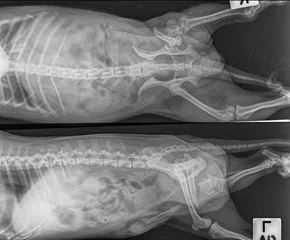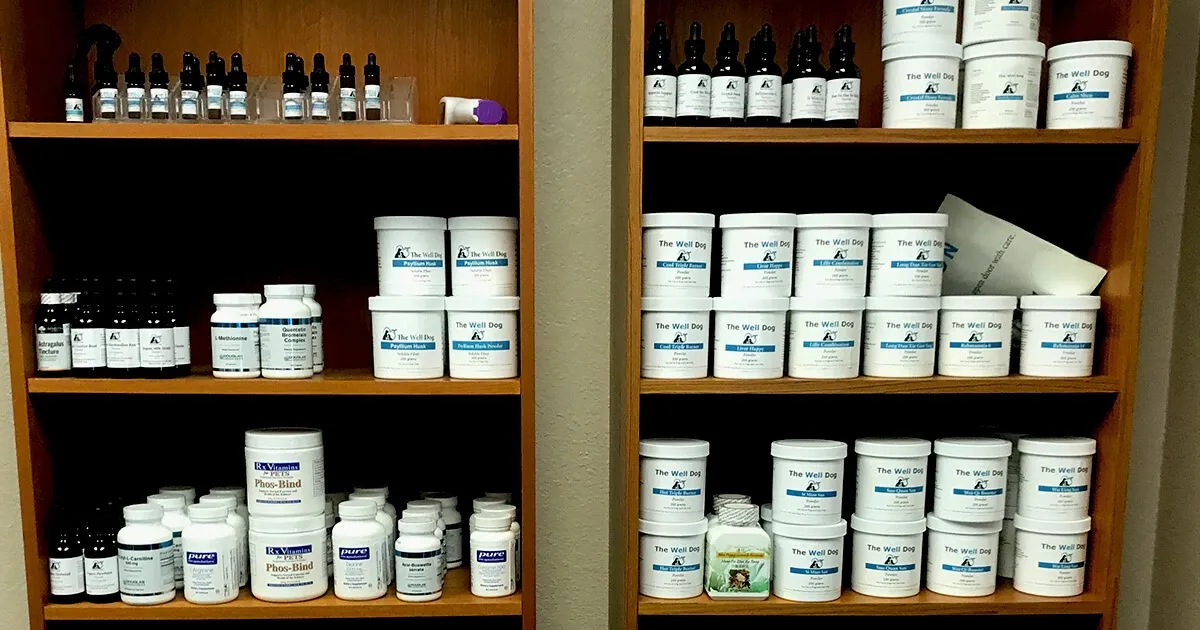In the world of pet care, the term “holistic” often comes with various interpretations, sometimes leading to misconceptions. Many clients approach us with the belief that holistic veterinary medicine is a quick, almost magical solution to severe illnesses, or that it involves treating symptoms without thorough diagnostic processes. These perceptions, unfortunately, can set unrealistic expectations and lead to misunderstandings about what Holistic Dog Care truly entails. It is essential to understand that this approach is far from a shortcut; instead, it is a deeply comprehensive and integrated method aimed at nurturing your dog’s overall health. If you are looking for a comprehensive health approach, finding a holistic dog vet near me can be your first step towards understanding this philosophy.
At its core, holistic dog care signifies a commitment to examining every facet of a dog’s existence. This includes their entire health history, daily lifestyle, and dietary habits. By looking at these interconnected elements, veterinarians can pinpoint specific problems and, more importantly, develop a tailored health program designed to enhance the dog’s quality of life to the greatest extent possible. This approach often emphasizes comprehensive prevention programs, aiming to maintain health rather than solely reacting to illness.
What Does “Holistic” Truly Mean in Dog Care?
The term “holistic” fundamentally means considering the “whole” – in this case, the whole dog. Our methodology involves a thorough assessment of your dog’s internal health, external environment, emotional well-being, and nutritional intake. We delve into their exercise routine, sleep patterns, and even their social interactions. This broad perspective allows us to understand how various factors might contribute to current health issues or, conversely, how they can be optimized for long-term vitality. By addressing all these aspects, we aim to build a robust foundation for your dog’s health, focusing on inherent wellness and resilience.
The Critical Role of Accurate Diagnosis
Despite some misconceptions, a foundational aspect of any effective veterinary practice, including holistic medicine, is accurate diagnosis. If a dog presents with a health concern, our initial emphasis, like that of all veterinarians, is on developing a precise diagnostic plan. This frequently involves essential tools such as lab work, X-rays, and ultrasound imaging. Without a clear diagnosis, it’s impossible to recommend the most effective and appropriate treatments.
It can be surprising how often a thorough diagnostic process uncovers a more significant underlying issue that the owner was unaware of, or reveals a deeper problem responsible for the initial symptoms. For instance, an owner might bring in their dog because it’s moving slowly or struggling to jump onto furniture, attributing these signs to arthritis. However, after conducting X-rays, we might discover spinal disc disease, a condition that requires a vastly different treatment approach than arthritis. This highlights why diagnosis is paramount; we frequently treat problems that differ from the owner’s initial expectations. Understanding and addressing potential issues like what is the best dog treat for bad breath can also be part of a holistic assessment of your dog’s overall health, pointing to dietary or dental needs.
The Holistic Difference: Beyond Traditional Medication
The primary distinction in holistic veterinary medicine lies in our initial treatment philosophy. We do not automatically reach for a Western pharmaceutical medication to address a problem. Instead, we possess a comprehensive array of alternative treatments, including various supplements, Western and Chinese herbal remedies, essential oils, and advanced modalities like cold laser therapy. These options are often explored first, leveraging their potential to support the body’s natural healing processes with fewer potential side effects.
However, this does not mean we entirely eschew traditional medications. Our approach is to utilize whatever treatment offers the best chance for a successful outcome, always prioritizing the dog’s well-being. Sometimes, this necessitates a traditional medication alone, or a strategic combination of traditional and alternative therapies. Our overarching goal remains consistent: to manage medical conditions effectively with treatments that have minimal to no side effects, ensuring the dog’s comfort and health.
 A dog receiving cold laser therapy from a veterinary professional
A dog receiving cold laser therapy from a veterinary professional
Managing Chronic Conditions for Optimal Quality of Life
A significant portion of medical conditions affecting middle-aged and older dogs, such as allergies, heart disease, kidney disease, respiratory issues, and various gastrointestinal ailments, are typically chronic. This means they often cannot be cured but can be effectively managed. The primary objective of holistic dog care in these scenarios is to implement management programs that effectively reduce symptoms while minimizing side effects. This focus allows our patients to maintain the best possible quality of life for their remaining years.
While medical treatment cannot guarantee an extension of a dog’s lifetime, our emphasis on early lifestyle programs, preventative alternative treatments, and supportive supplements aims to delay the onset or progression of these potential chronic medical problems later in life. This proactive stance underscores the core principle of holistic care: fostering long-term wellness and mitigating future health challenges. Nutritional choices, such as selecting a balanced food like brit care puppy lamb and rice from a young age, can play a crucial role in building a strong foundation for health and potentially preventing certain chronic issues.
 A happy older dog enjoying a gentle walk with its owner in a park
A happy older dog enjoying a gentle walk with its owner in a park
The Importance of Regular Preventative Care
To effectively implement this preventative strategy, we strongly recommend more frequent veterinary exams than typically accustomed. Most veterinary clients are used to annual physicals, but for dogs, we suggest a wellness exam every six months. While this might seem more frequent than human doctor recommendations, it’s crucial to remember that dogs have significantly shorter lifespans, and disease processes in canines tend to progress much more rapidly than in humans. Catching potential health issues early can make an immense difference in the outcome, often allowing for less invasive treatments and better long-term prognoses. Staying informed about various veterinary services, including those offered by an exotic animal veterinary center, can broaden your understanding of comprehensive animal care, even if your focus is primarily on dogs.
Conclusion
Ultimately, holistic dog care offers a thoughtful and comprehensive alternative to purely reactive medicine. It’s an individualized journey that respects your dog’s unique needs, blending thorough diagnostics with a diverse range of treatments – both conventional and alternative – to achieve the best possible quality of life. By focusing on preventative measures and managing chronic conditions with the fewest side effects, we aim to ensure your beloved companion enjoys a healthy, vibrant life for as long as possible. We encourage all dog owners to explore this integrated approach and discuss how a holistic perspective can benefit their dog’s long-term health and happiness.
